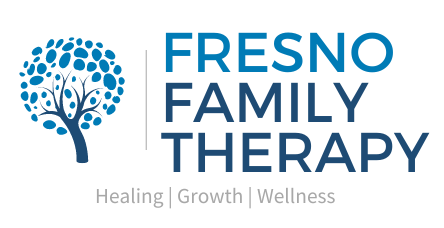I began my journey working with children while I was still an intern. I moved into working with babies (ages 0-5) shortly after. One supervisor I had shared with me that while working with the parents of these children it’s important to share with them that their only job as a parent during their child’s tantrum is for them, themselves not to have their own tantrum.
Often parents become overwhelmed when their child is having a tantrum. Mainly because the child will kick, scream, cry, hit, throw things, and even bite others. However, all of those are cues to let you as the parent know they are over stimulated or are in need of regulation. Parents if you find yourself becoming overstimulated chances are you too are in need of regulation.
During some of my training for Infant Mental Health (IMH) There is talk about the adult in a child’s life is known as the bigger, wiser, kinder, stronger person. Children often look to others for an understanding of their feelings. How do we show them how to express their feelings in a healthier manner? We first must be able to do the same with our own feelings and emotions. Taking a time out with them instead of them being in a time out alone allows them to know they are not alone with their feelings and that you still love them even when they are struggling.
A few options to assist your child with feeling comfortable with sharing how they feel would be to give them your full attention no distractions of electronics and get down to their eye level and ask them how they are feeling? Where are they feeling their feelings? How do their feelings feel? An example may look like “I’m feeling mad,” “I feel it in my heart,” “I can feel it coming out of my eyes (tears) but then I feel it in my chest.” We can then gather they are feeling sadness. Assisting them in gaining insight on their feelings will allow for them to share those feelings with you, because for them to share how they are feeling they must first learn what they are feeling.
An important but often forgotten piece of information is that we must understand that when we don’t feel well, we don’t act well. This is truer than it has ever been. We as adults can have a hard day at work and come home to chaos and act out, this may look like yelling about the mess, upset that the kids are bathed, or dinner is not made. However, if we were to have had a great day (someone paid for our Starbucks, we got all the green lights, work was great, and you left on time) chances are we would come home and say things like “Oh my! Look at what we have here let’s see if daddy or mommy can help clean up and get you ready for bed.” This is true for our children as well. Keeping in mind our kids do not come home stating they have had a hard day or that no one paid for their coffee. They act on their feelings. Often when overwhelmed they will scream, kick, bite, throw things or cry. You as a parent end up yelling back “Hey don’t do that!” “Hey that is not okay to act that way!” and as a mom of a toddler I get that sometimes that happens, but if we as parents were regulated and took the time to hold them rock them side to side to help them regulate help them understand that their feelings are really big right now, but that they are not alone and they do not need to handle them on their own they are more receptive to wanting to learn about their feelings. They may still have a hard time, they may still cry, they might just want to be held for a moment and that is okay because you are their bigger, kinder, wiser, stronger person.
As parents we often celebrate their positive emotions, and we neglect the hard ones. Notice that I said hard and not negative because emotions like mad, sad, angry, and irritated are not negative the behaviors are sure no one wants to be bit or yelled at. Allowing space for our children to learn about their emotions will not only help the rest of the years to come for us parents but will allow for them to gain an understanding as adults about what they are feeling, what they are needing, and when they are needing to regulate themselves. Helping our little ones gain insight to their feelings will help us love and nurture our children even during tantrums.


